- Lesson Observation
- 4 Minute Read
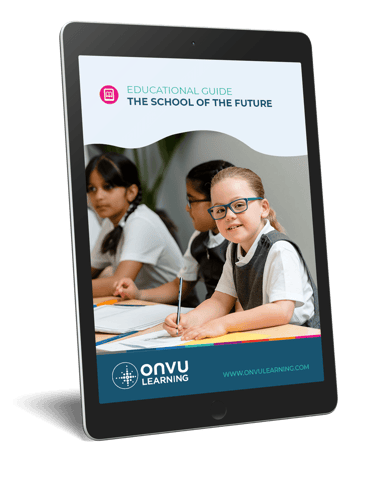
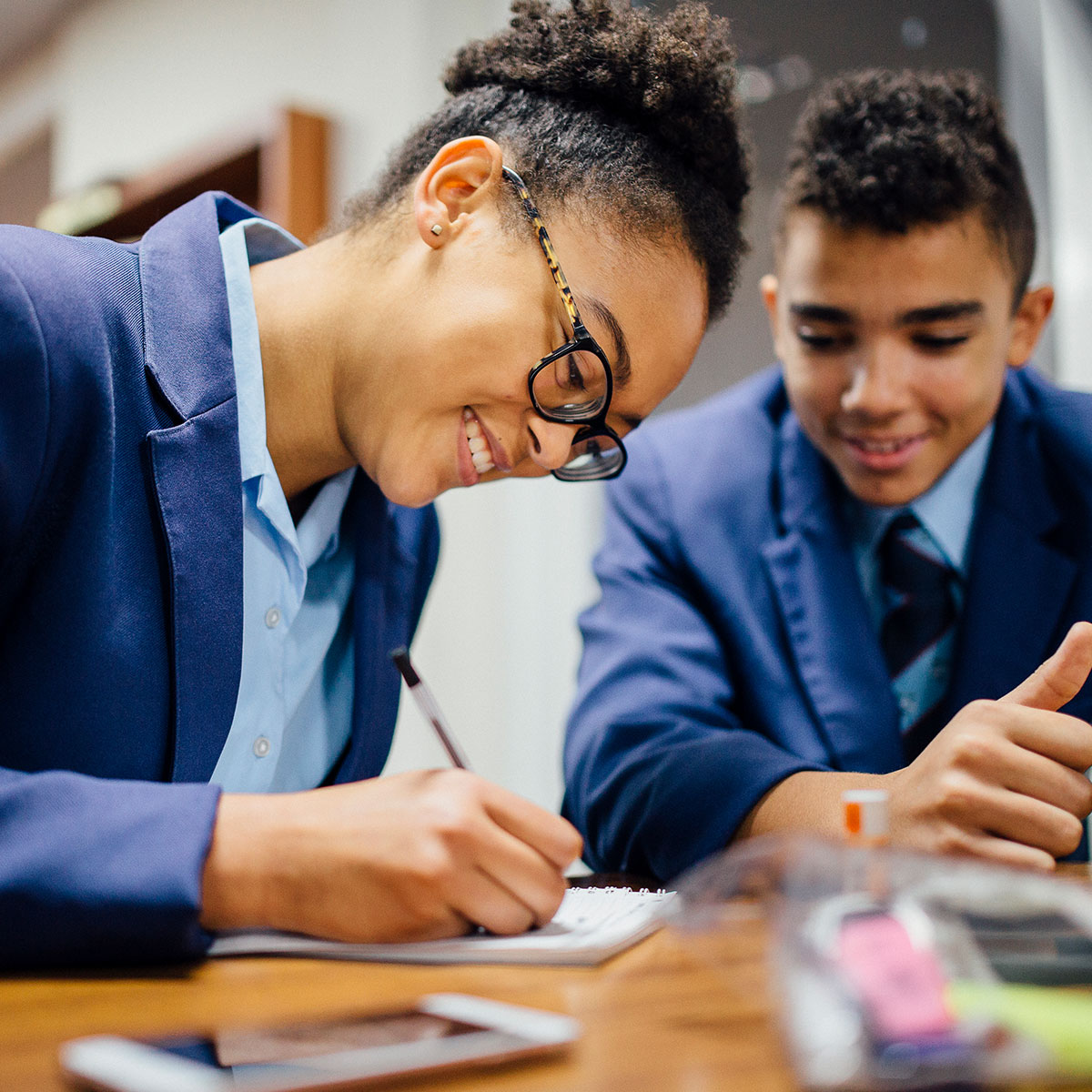
What is an Outstanding Lesson Observation?
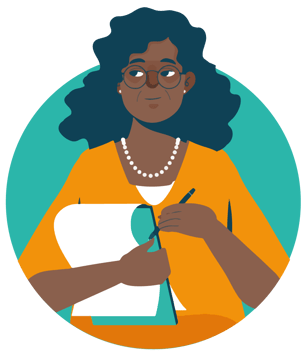 If I had a pound for every time I’ve been asked that I’d be a wealthy guy. But this is a fundamentally unhelpful question and the wrong one to ask. I can’t speak for every inspector who has or will ever visit a lesson. Nor can I speak on Ofsted’s behalf. But, in my experience, the first thing Ofsted inspectors look for when observing lessons, is whether or not what leaders have told them they should expect to see, is made manifest on arrival to the classroom.
If I had a pound for every time I’ve been asked that I’d be a wealthy guy. But this is a fundamentally unhelpful question and the wrong one to ask. I can’t speak for every inspector who has or will ever visit a lesson. Nor can I speak on Ofsted’s behalf. But, in my experience, the first thing Ofsted inspectors look for when observing lessons, is whether or not what leaders have told them they should expect to see, is made manifest on arrival to the classroom.
Ofsted’s current handbook describes in paragraphs 127 – 130 what they expect from lesson visits through the deep dive methodology that forms a core part of the Education Inspection Framework’s (EIF) delivery. Through that methodology, inspectors and school leaders can piece together an evidence informed view of a school’s curriculum impact, given the stated intent and expected implementation. Ofsted’s lesson observation criteria is therefore very transparent and in fact, fairly non-existent in a traditional sense. Visits to lessons are undertaken with school leaders and enable an evaluation to form collectively on the quality of education that students in the school are likely to benefit from day-to-day.
With the suspension of inspection activity in England for periods during the last two years, the sector’s experience in interacting with the EIF approach to judging quality of education may still be unfamiliar to some teachers and leaders. So what Ofsted are looking for now vs before inevitably has changed. Some schools may still use the types of lesson observations that I was familiar with as a teacher i.e. clipboard, back of the lesson for the whole-lesson, with feedback at some point afterwards. There is lots of good material in the Edusphere on how to make best use of ‘lesson observations’, with advice on how to focus the purpose of an observation and how to ensure that feedback is as insightfully actionable as possible. But in my experience, few school leaders are trained on how to ‘do’ lesson observations effectively and so fewer still are prepared to have the good conversations that the current inspection framework should initiate between inspectors and school staff.
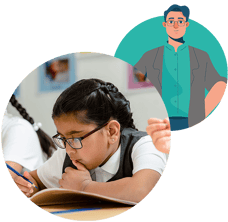 A framework is commonly agreed way of doing something. A challenge for this topic is that at the core of lesson observation lies the inconvenient truth that the quality of the observer fundamentally determines the quality of the observation. This means that what is observed may vary from one observer to another, particularly the observed. You have to know what you’re looking for to make a framework purposeful.
A framework is commonly agreed way of doing something. A challenge for this topic is that at the core of lesson observation lies the inconvenient truth that the quality of the observer fundamentally determines the quality of the observation. This means that what is observed may vary from one observer to another, particularly the observed. You have to know what you’re looking for to make a framework purposeful.
Conclusions are likely to vary and so next steps will vary as well. The presence of an observer will alter what is observed (the so-called “Hawthorne Effect”). An observation is time limited and unlikely to be followed-up frequently enough to build up a picture of what it is like to be in the lesson. The most credible observers, in that sense, are the students who aren’t there to do that but rather to learn. I have always treated lesson visits as an opportunity to tune into what students are experiencing and trying to understand whether the lesson I happen to have visited ‘this time’ is enabling learning given what’s students have covered before and preparing them well for what’s coming next.
I try not to start making notes the moment I walk into the room (what on earth would I write apart from rudimentary observations of the blindingly obvious and probably facile) but I do try to take the temperature of the room, by which I mean is there a palpable expectation in the students that they will learn. I then set about testing aspects that provide indicators (only) of learning effectiveness, such as whether pupils can tell me how their current lesson fits into what they last did and whether their books demonstrate a plausible content sequence.
Despite my best efforts though, I know that I will have missed things. TES, last February noted many of the challenges of observations more succinctly than I can here. In the article, TES note the Education Endowment Foundation’s (EEF) evaluation of structured teacher observations. It concluded that teachers have difficulty finding the time to observe and found no evidence of impact on the sample’s free school meal pupils’ GCSE English and Maths attainment. This suggests that even if the best trained observers could be deployed with the best toolkit in hand for lesson observation (from planning to being there to feeding back and actioning development points with the teacher), it’s not likely to happen because there’s not the time.
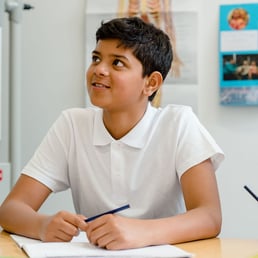 But indisputably and as evidenced by Ofsted’s persistence in maintaining a version of a commonly understood approach to measuring education quality, observing lessons is important to helping teachers improve. By reflecting on one’s practice with a credible expert, peer or colleague, teaching staff can benefit hugely from effective coaching techniques that use lesson observations as part of the routine. ONVU Learning’s solution is designed to take those aims and enable teachers and their coach, mentor or other expert educator to reflect alone or together on what really happens in their lessons over a period of time.
But indisputably and as evidenced by Ofsted’s persistence in maintaining a version of a commonly understood approach to measuring education quality, observing lessons is important to helping teachers improve. By reflecting on one’s practice with a credible expert, peer or colleague, teaching staff can benefit hugely from effective coaching techniques that use lesson observations as part of the routine. ONVU Learning’s solution is designed to take those aims and enable teachers and their coach, mentor or other expert educator to reflect alone or together on what really happens in their lessons over a period of time.
Within a chosen and agreed framework, teachers can access discretely captured video and audio recordings of their lessons and analyse those recordings at a time that suits them. Challenges of time disappear because there is no need for co-location at the same time the lesson happens because our secure recordings can be accessed by teachers and their selected colleagues when they choose. The Hawthorne Effect disappears, observers can remain in their lessons, safe in the knowledge that the opportunity will come to support their teachers when it is time.
ONVU Learning allows schools, Trusts and professional development course providers to hand control of observations to their teaching staff while ensuring that teachers receive the structured support that they want in order to give their students the best learning experiences. In this way, ONVU Learning’s vision is to boost the currently trending shift away from traditional observations while improving educators’ ability to gain actionable insights that they seek in order to maximise students’ learning outcomes.
[Context for non-England education and EdTech folks: The Government regulates state education and sets the agenda; schools deliver; Ofsted inspects standards within their framework. i.e. set, live by and check the rules]

The School of the Future Guide is aimed at helping school leaders and teachers make informed choices when designing the learning environments of the future using existing and upcoming technologies, as they seek to prepare children for the rest of the 21st century – the result is a more efficient and competitive school.
KEEP IN TOUCH WITH ONVU LEARNING AND RECEIVE THE LATEST NEWS ON EDTECH, LESSON OBSERVATION, AND TEACHER TRAINING AND DEVELOPMENT.